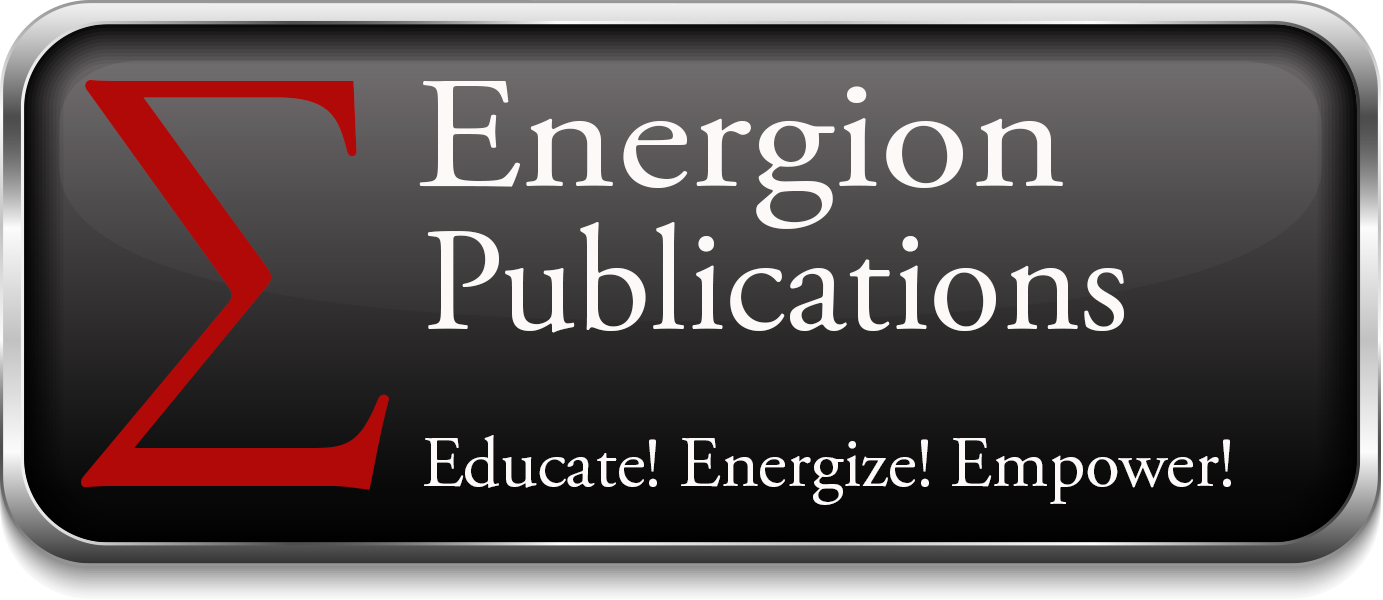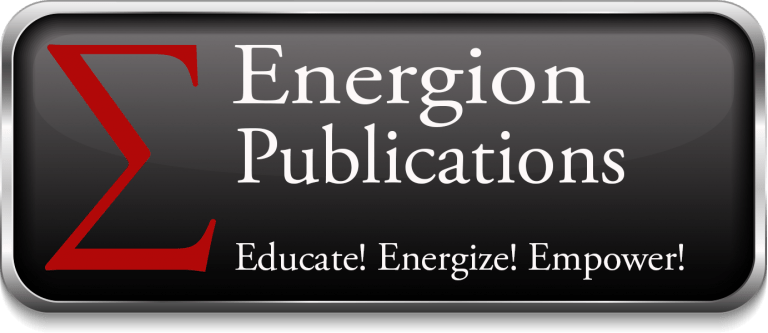Embracing the Future of Information
… whatever that is!
I don’t actually know, but I’m watching closely and constantly trying to catch up. There are a few trends that are obvious, however.
But first, a little history. Energion Publications was founded by buying out some existing publications. These consisted of two comb-bound books, one stapled booklet, and one book printed by offset. The immediate plan was based on developing technology, print-on-demand. (We use Lightning Source for our printing.) To be more accurate, the technology was there, but it was not regarded as a good general solution for publishing. I decided to make it the primary means.
I well recall a salesperson for a printer who came by our booth at a book show and started in trying to sell me his printing services. When he found that for all but one title–the one I had bought out–we were using print-on-demand, his eyes lit up. Sure sale, he was clearly thinking. He explained the dramatically low prices he could achieve per copy, and indeed his prices were good, even for relatively small print runs.
Unfortunately for him, I had pretty accurate figures in my head for how much each book cost me by the time it sold, and even for those that sold quickly, it didn’t work out that well. Print-on-demand allows me extremely fine inventory controls, nearly non-existent storage costs, and even allows me to frequently have books shipped directly from the printer to the customer, eliminating part of my shipping costs. Yes, offset still saves substantially on a per-copy basis, but that’s not the whole story.
I still have to explain to the occasional author, potential customer, or even sometimes copyright permissions contact why I don’t speak in terms of print runs. A book can remain in my catalog as long as the contract permits, and as long as it’s financially viable for it to stay there. And believe me, the costs of simply maintaining a book in inventory are very, very small.
But just as the print-on-demand technology is becoming more acceptable, we see substantial movement in the ebook industry. It took a large player like Amazon.com with the Kindle to really get things going. I was a little slow in catching this one, as I didn’t see how a single player, even one as large as Amazon.com, could be successful with a proprietary book reader. But we’re now moving to offer our titles on Kindle.
I’ve been hearing complaints lately about the demise of newspapers and the tone of many of these complaints is that journalism is dying along with the newspaper. That is just plain silly. We can whine and cry about the change in media, or we can learn to use the new media properly. You can complain about fast paced media like Twitter, and wonder how any information can be conveyed 140 characters at a time, or you can learn to convey information in that way. But the demise of the newspaper, which I think is inevitable, will not mean the demise of journalism.
One key is to use your 140 characters to attract people to more substantial discussions elsewhere. The problem with much information delivery today is that one is forced to decide on the purchase of a very large amount of information most of which will be discarded. I could subscribe to the New York Times, for example, but I would only read a small portion. The rest would just contribute to the demise of trees. I could subscribe to my local newspaper or peruse their web site, but instead I subscribe to their Twitter feed, and then follow the stories in which I have interest. Instead of spending my time scanning through the newspaper, I can then spend it looking for related stories, other opinions, or verifying facts.
I don’t buy newspapers any more. I don’t watch television news. I get my information from the internet. But I often get that information from the web sites of the people who do the television news or produce the newspapers. If any of you journalists out there are listening, I do this because your shows are horrible. You think that good journalism consists of finding two “experts” on a topic so that it will be “balanced” and “both sides” are represented, asking them canned questions and then giving them too little time to present a coherent response. Using the internet (or in the future a Kindle DX) allows me to choose what I will spend time on and follow through with a search for more information. After all, the topic that has only two sides is a simple topic indeed. As for opinions, I really can’t stand watching either Olbermann or O’Reilly all the way through.
Similarly I hear complaints from educators about the horrors of distance learning. These conflict with another chorus of complaints about the increasing costs of higher education. I’m going to suggest that the university as we know it is dead. We’re just waiting for everyone to realize it. As the role of technology increases in our lives, the level of training and education required for even the most limited job will increase as well. Even the overused example of the ditchdigger will no longer apply–he or she will have to know how to use complex equipment.
Few seem to comprehend it, but the issue is supply and demand. We need more and more education, and the traditional university will be unable to supply it at a price that can be afforded–by individuals or the society. Distance learning provides an alternative that increases supply and reduces costs.
But that is going to have to go even further. In every field people are going to need to abandon the concept of a life that consists of a period of education and training followed by a career, even a career supplemented by continuing education. Essentially training and the work place will have to become more integrated. This will apply in my own field of religious education for pastors and church leaders, as well as in technical fields.
Over the years I have heard many complaints about seminary education, but one of the most common is that young people return from seminary filled with ideas but out of touch with the local church. It is not just that they have learned new things–which I consider a good thing–but that they haven’t learned the things that will help them pastor. Often they haven’t learned how to keep on learning new things. In their minds their education is complete and now it’s time to apply it.
I was speaking at a conference once and was approached by a young pastor, already ordained and pastoring a church. “I don’t know how to conduct a prayer meeting,” he told me. “Just how do I go about it?” He had a Master of Divinity degree and felt helpless to lead his congregation in prayer. He was coming to me, with degrees in Biblical languages and no pastoral training or experience, to ask how to conduct a prayer meeting!
That is just one illustration of the disconnect between education and the practical world. Universities in some form will, I believe, have a place, but it will be more a place where people can go for short periods of time such as on sabbaticals or retreats, to interact with others intellectually (and spiritually) as they develop. We will come to realize that providing the full educational experience before one goes to work is simply too time consuming and expensive, and that the training involved becomes dated too quickly. The only option will be to plan a life of learning along with one’s life of work. Technology and social changes may make your training obsolete too quickly if it comes just at the beginning of your career.
What does all this have to do with publishing? Well, you won’t find Energion Publications complaining about the changes is society and information technology. We’re going to be grabbing them as fast as we can. I do believe there will be old traditionalists who will hold on to print publications for a long time. I like them myself, and doubt I will ever want to be completely without the feel of a “real” book. But the vast majority of content will eventually be delivered in one or another electronic format.
I believe that it will not be long before we start releasing titles ebook only, even though the expense of print release is trivial once you have produced, edited, and formatted the interior, which you have to do in any case. Online delivery, subscriptions, free and advertising supported content–all these are part of the future of Energion Publications.
But in addition, in support of Christian education, we look forward to providing you more and more access to those who produce our content, first through podcasts, then through online conferencing, and personal help with your educational needs.
Are you buying a study guide for use in your Bible study? Expect soon to be able to chat with the author or other teachers who use that material to learn how you can best make use of it.
The future of information is on the way, as the future always is. Enjoy the ride!





